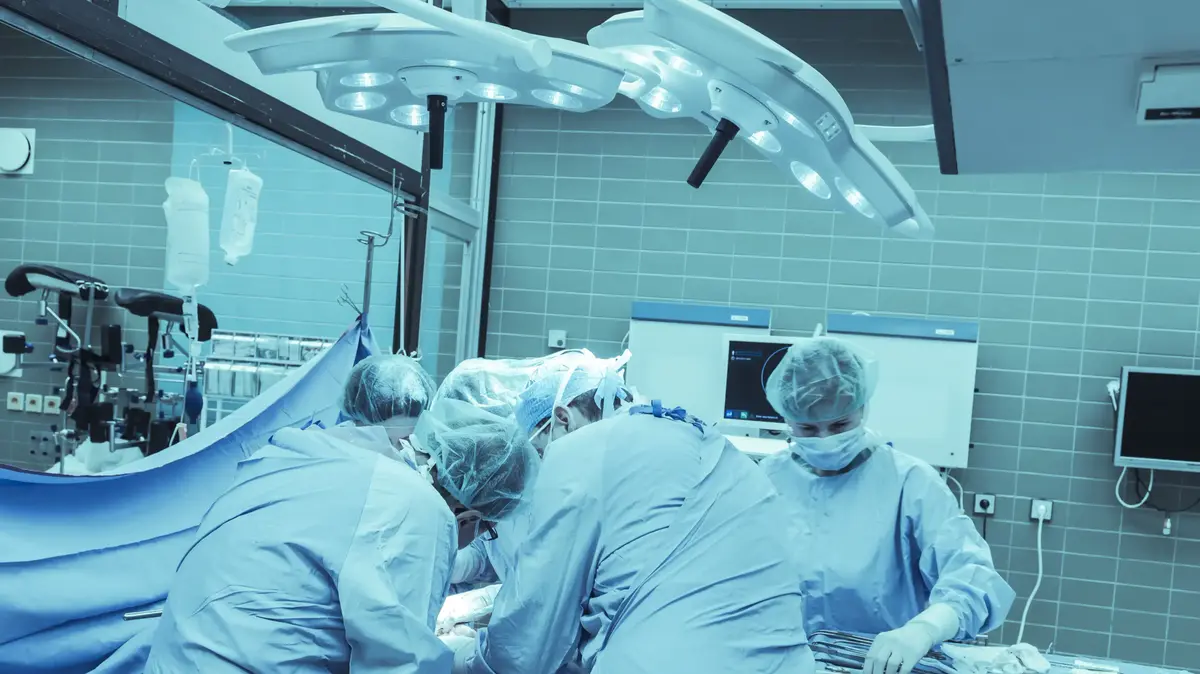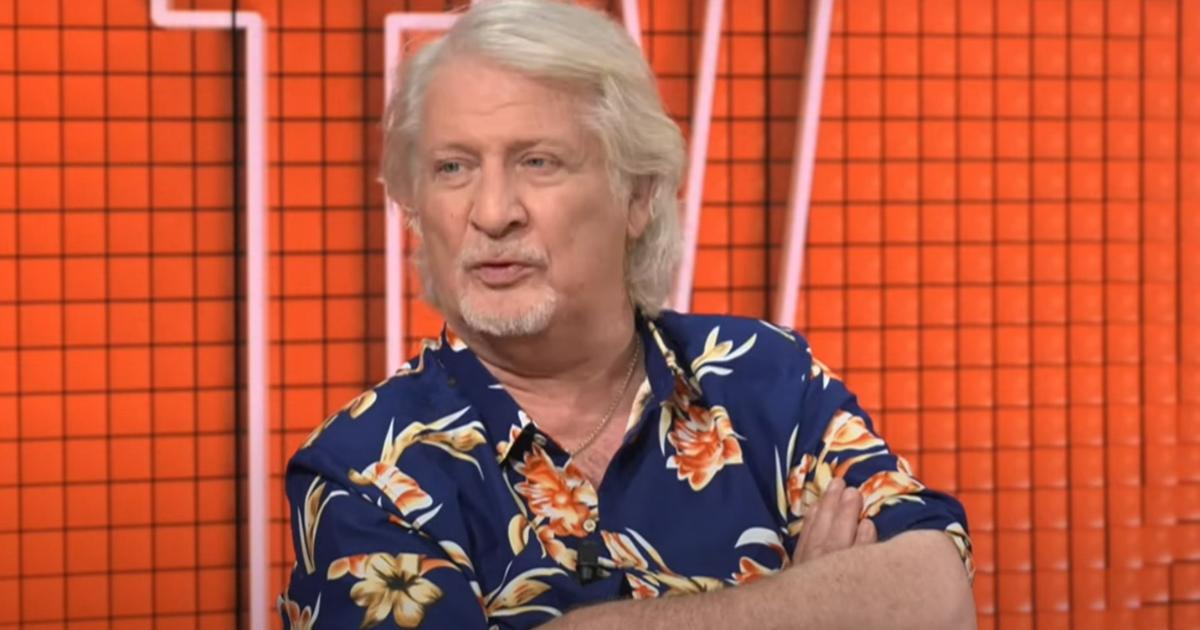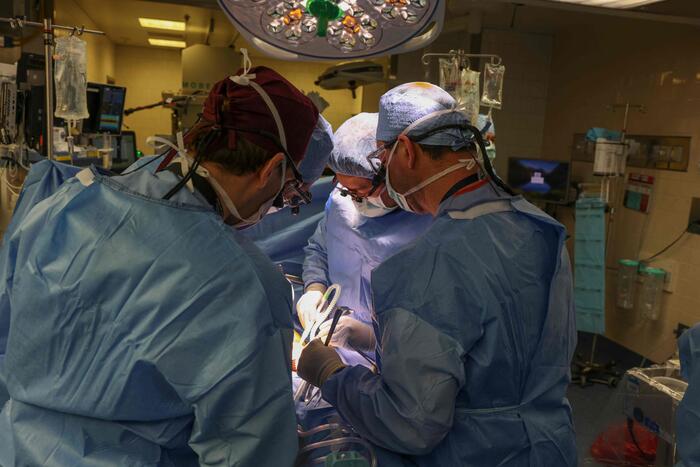health
Routine in the shade of the corona
Rebirth: The New Options for Kidney Transplanters
Kidney transplantation often means a new life.
However, kidney transplant recipients are required throughout their lives to take medications that will prevent rejection of the transplanted organ.
Recently there has been an option to relieve patients, with fewer pills being given that will lead to a higher response to treatment
Tags
kidney transplant
Prof. Eitan Moore, in collaboration with the Association for Patient Rights
Wednesday, 04 August 2021, 06:42 Updated: 07:56
Share on Facebook
Share on WhatsApp
Share on general
Share on general
Share on Twitter
Share on Email
0 comments
500 transplants each year.
Kidney transplant (Photo: ShutterStock)
During the 1950s, the first organ transplant operation, a kidney transplant, was performed, and a door was opened to the world of transplantation.
In Israel, this happened ten years later, and until two decades ago, an average of 100 kidney transplants were performed in Israel per year.
In recent years, the numbers have increased, and today about 500 of these are performed in Israel every year, in six transplant centers throughout the country.
More on Walla!
"My Therapeutic Sequence": How do those suffering from a chronic illness cope with the corona routine?
To the full article
A distinction should be made between a kidney donation from a living donor and one from a deceased donor. In Israel, most donations are from a living donor, and the total donations of all the organs in the country from a deceased donor are only about 100 per year. Among the factors that led to an increase in the number of donations from life is an initiative of the "Gift of Life" organization, which led to an increase in the number of donors from the religious sector, but the important need to fulfill today is to increase the percentage of donors within the family, as opposed to altruistic donors.
Kidney from a living donor has a significant advantage. In the case of a donation from a deceased person, it is usually an older person who has suffered from comorbidity after brain death, which makes the kidney condition less good. More than once it also involves a longer hospital stay, until the kidney begins to function and bring the systems into balance. Sometimes there are donations that come from a younger person who has died, for example after a car accident, but these are few.
In donation from the deceased, the lifespan of the kidney is around ten years and after that further transplantation may be needed.
In contrast, in the case of a donation from a living donor, in 99% of cases the kidney will function immediately after the transplant and its average lifespan is about 15 years and can even reach 30 or more.
Need to take regular medication.
So how can the situation be alleviated?
(Photo: ShutterStock)
There are a variety of reasons why patients need a kidney transplant, ranging from a defect in kidney development (in children), metabolic diseases resulting from blood pressure or diabetes, genetic diseases, autoimmune diseases and so on.
From the moment a patient undergoes the transplant, he actually gets a chance at a new life, as many patients attest.
In most cases, kidney transplant surgery is a fairly simple procedure that takes about two hours.
The operation does not remove the problematic kidney, but implants a "third" kidney and after the operation the patient will be required to be hospitalized for about a week (in the case of an animal transplant).
Upon release, the transplant recipient will continue to be monitored for life.
One of the factors that promoted the field of transplants in the 1980s was the emergence of a drug to prevent organ rejection. Subsequently, additional drugs were introduced, which resulted in a low rejection rate and increased kidney survival over time. In the first days after surgery, close monitoring of the indices is necessary, and in fact in almost every transplant the body tries to reject the implant. Rejection events usually occur in the first three months, but because rejection medications are very effective, they protect the patient from organ rejection.
There are three types of medications, some of which are given twice a day. It is not easy to persevere with such a dose of medication that is required to be taken throughout life and on the other hand, a patient who does not adhere to all the medications as recommended may risk organ rejection. One way to help patients be careful about taking the drug is to lower the daily dose and recently we have started treating patients with the drug that should be taken only once a day. Such a drug, according to data in the literature, increases therapeutic responsiveness.
The release of dialysis gives patients the opportunity to return to normal activity. Kidney transplant recipients now live a completely normative life, some of them got married, flew abroad and even started playing sports. Injured in a car accident and therefore, it is not right to restrict kidney transplant recipients in this matter.As long as care is taken to prevent the rejection of the implant, one can live a full
life.The corona virus, poses a higher risk to transplant recipients, as they are immunocompromised. Of great importance in adhering to the rules of distance and mask at all times, is to get vaccinated, even though only 50% of the transplant recipients develop antibodies following the vaccine. The reaction.
At the same time, it is of great importance to give a third dose of vaccine.
We see that in the current wave of the Delta variant the vaccines of organ transplant recipients have significantly reduced the number of patients who have deteriorated to a severe condition.
And most importantly - until the current wave passes, it is advisable for transplant recipients to maintain and take the recommended preventive measures.
The author is Prof. Eitan Moore, director of the Kidney Transplant Center, Sheba Hospital
Share on Facebook
Share on WhatsApp
Share on general
Share on general
Share on Twitter
Share on Email
0 comments









